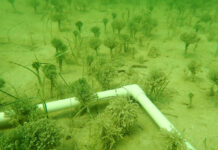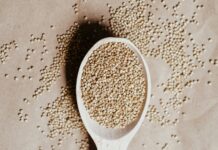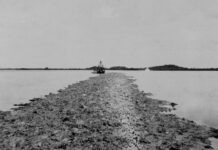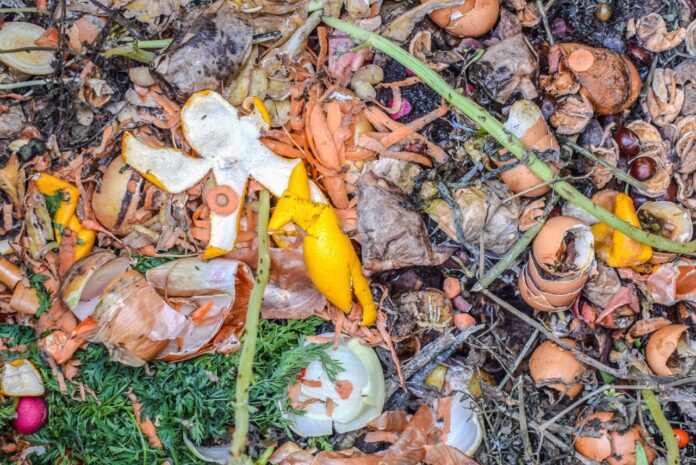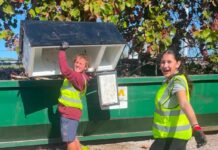We live on a rock. To have a plentiful garden, you need rich soil. That soil must be hauled in from the mainland, fertilizers and pesticides must be added, and the tropical climate requires frequent irrigation.
All these challenges are added to the fight for garden rights with the hungry Key deer and iguanas.
Composting can solve many of these issues. The rich nutrients in compost offer a natural mineral fertilizer and biologically deter pests. The enriched soil retains moisture and reduces the need for irrigation. Composting also reduces greenhouse gasses.
Chew on this
According to the EPA, about a third of our nation’s food is wasted. Food waste in landfills accounts for some 58% of the methane gas created, and 61% of that gas is not captured for energy use. We buy food and throw it in the trash. The waste increases food suppliers’ demand, increasing over-harvested land, fertilizer and pesticide pollution. Composting food waste puts organic nutrients into the soil and keeps it out of landfills. Now, how do you begin composting at your home or office?
To worm or not to worm?
Vermiculture is a form of composting that uses worms to process organic food scraps. The worms eat and excrete nutrient-rich waste, cutting the compost process time in half. There is a “recipe” for a healthy vermiculture process.
• A plastic tote (from Home Depot, Ace or Office Max) with holes drilled into the lid to allow air and humidity.
• Layer small-sized organic food waste, moist newspaper strips and the worms.
• Add food scraps and paper daily — worms eat a lot. They eat half of their weight. (example ½ pound of food waste to 1 pound of worms)
• Store the bin in a dark place, indoors or outside in the shade; the worms prefer darkness.
• Spritz the organic mixture with water to maintain a moist environment
• Use native worms such as a red wiggler. Worms can be ordered online or at local nurseries.
• Compost material should be ready to use in about three months.
• Mix the compost product into your soil or apply it to potted plants sparingly. It is concentrated and can burn sensitive plants.
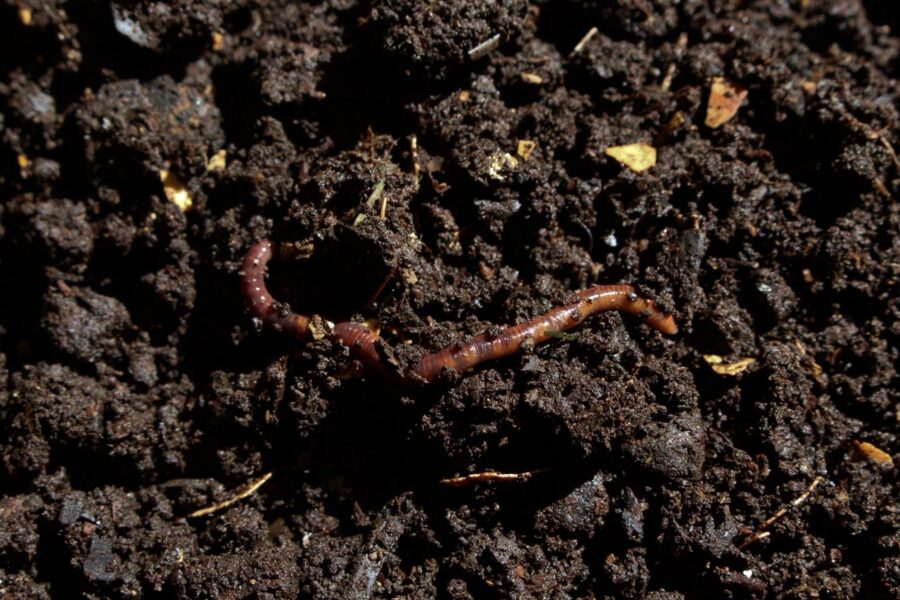
You can also choose to create a compost area outside in your yard. The area can be as large or small as you would like. In addition to organic food scraps, this option allows you to compost yard waste. The materials must be kept moist and turned frequently to allow air circulation. Without the worms, the process will take about twice as long. With either option, the compost should not smell or attract flies. A smelly compost is typically contaminated with animal products, so don’t use meat scraps, bones or cooked food. Use eggshells, greens, vegetables, fruit pieces and coffee grounds.
It’s a win-win
No matter which option you choose, you will benefit from healthier plants, less irrigation, eliminating the need for processed chemicals and pesticides and reducing your carbon footprint.
Upcoming ‘Dirty Talk’
Please join me at Key Largo Public Library on Thursday, March 28 from noon to 2 p.m. for a presentation on food waste, composting, and gardening for the monarch butterfly. Attendants will start a milkweed seed to take home.
Monroe County household hazardous waste and electronic waste collections
- Long Key Transfer Station: First and third Friday from 10 a.m. to 2 p.m.
- Key Largo (Behind Walgreens): Second and fourth Wednesday from 10 a.m. to 2 p.m.
- Islamorada (Founders Park): June 7 from 9 a.m. to noon
- Marathon (10600 Aviation Blvd.): April 13 from 9 a.m. to 1 p.m.
- Cudjoe transfer station (Blimp Road): First and third Wednesday from 10 a.m. to 2 p.m.
- Stock Island (Bernstein Park): May 11 from 9 a.m. to 1 p.m.
Did you know?
“Kool-It” refrigerant bags can be upcycled. Thaw the bag, cut open the freezer bag and use the contents in your potting soil to retain moisture. The contents are biodegradable.







